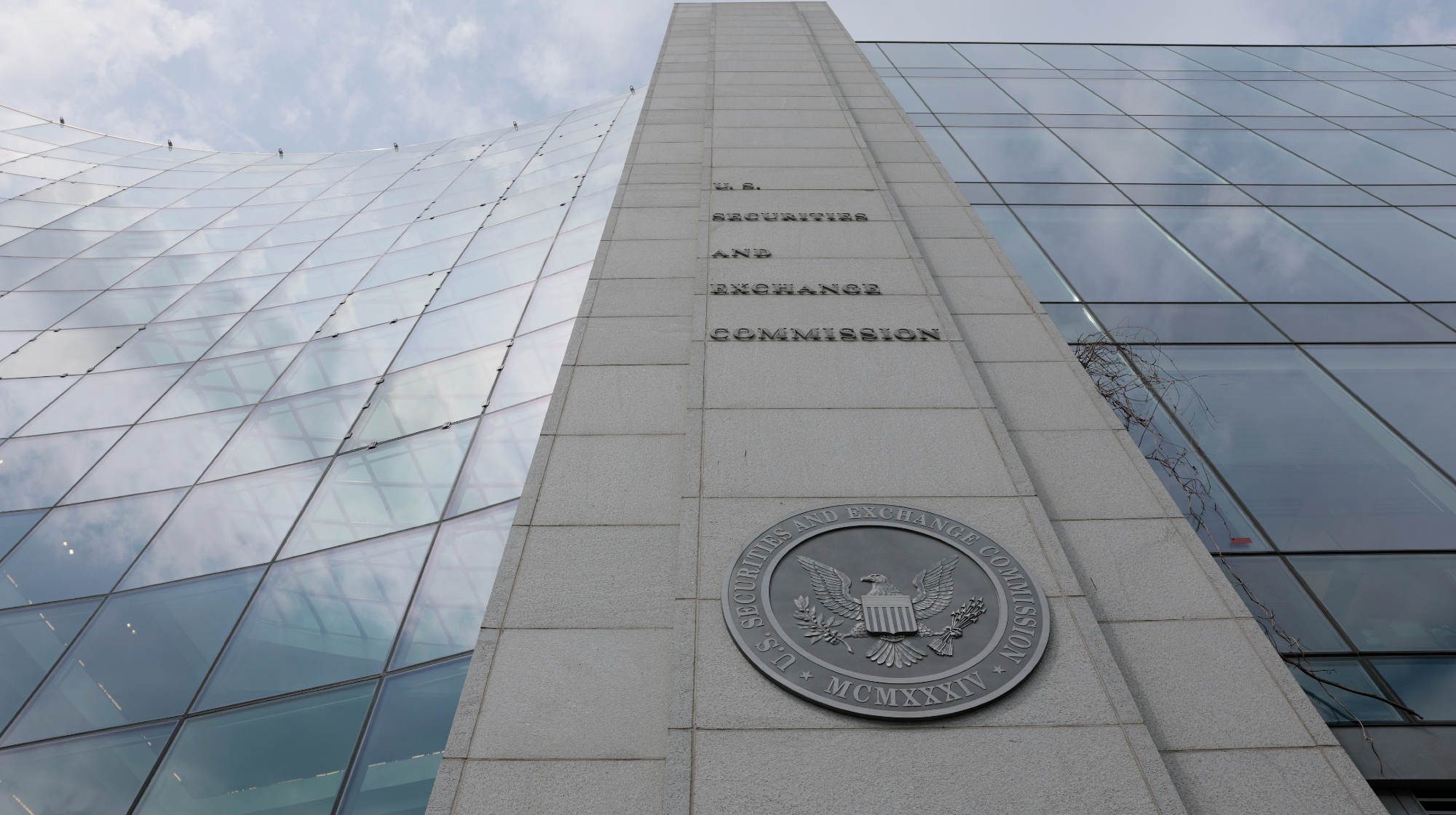Trump proposes ending quarterly earnings reports
The SEC would have to approve any changes


A free daily email with the biggest news stories of the day – and the best features from TheWeek.com
You are now subscribed
Your newsletter sign-up was successful
What happened
President Donald Trump yesterday called for the U.S. to end its 55-year-old practice of requiring publicly traded companies to post quarterly earnings reports. He suggested that the Securities and Exchange Commission mandate six-month corporate earnings reports instead.
Who said what
Changing the reporting schedule would “save money and allow managers to focus on properly running their companies,” Trump said on social media, comparing the current quarterly report schedule unfavorably to China’s “50 to 100 year view on management of a company.” Trump also asked the SEC to consider switching to semi-annual reports during his first term, but no change was made.
Relaxing reporting requirements “might ease the burden for corporate managers” and limit the widely acknowledged “element of farce” in quarterly earnings calls, The New York Times said, but “critics say it would reduce the amount of information available to investors, regulators and the public.” In recent earnings reports, for example, “companies revealed that they had increased prices or planned to do so to offset the cost of tariffs.”
What next?
The SEC, which would have to approve any changes, said it was “prioritizing this proposal” at Trump’s request. And it “may have a chance to weigh in on such a change soon enough,” CNN said, thanks to an incoming petition from the Long-Term Stock Exchange, a marketplace focused on encouraging companies to focus on longer-term goals and performance.
The Week
Escape your echo chamber. Get the facts behind the news, plus analysis from multiple perspectives.

Sign up for The Week's Free Newsletters
From our morning news briefing to a weekly Good News Newsletter, get the best of The Week delivered directly to your inbox.
From our morning news briefing to a weekly Good News Newsletter, get the best of The Week delivered directly to your inbox.
A free daily email with the biggest news stories of the day – and the best features from TheWeek.com
Peter has worked as a news and culture writer and editor at The Week since the site's launch in 2008. He covers politics, world affairs, religion and cultural currents. His journalism career began as a copy editor at a financial newswire and has included editorial positions at The New York Times Magazine, Facts on File, and Oregon State University.
-
 The environmental cost of GLP-1s
The environmental cost of GLP-1sThe explainer Producing the drugs is a dirty process
-
 Greenland’s capital becomes ground zero for the country’s diplomatic straits
Greenland’s capital becomes ground zero for the country’s diplomatic straitsIN THE SPOTLIGHT A flurry of new consular activity in Nuuk shows how important Greenland has become to Europeans’ anxiety about American imperialism
-
 ‘This is something that happens all too often’
‘This is something that happens all too often’Instant Opinion Opinion, comment and editorials of the day
-
 Is the US in a hiring recession?
Is the US in a hiring recession?Today's Big Question The economy is growing. Job openings are not.
-
 Did markets’ ‘Sell America’ trade force Trump to TACO on Greenland?
Did markets’ ‘Sell America’ trade force Trump to TACO on Greenland?Today’s Big Question Investors navigate a suddenly uncertain global economy
-
 Buffett: The end of a golden era for Berkshire Hathaway
Buffett: The end of a golden era for Berkshire HathawayFeature After 60 years, the Oracle of Omaha retires
-
 Will Trump’s 10% credit card rate limit actually help consumers?
Will Trump’s 10% credit card rate limit actually help consumers?Today's Big Question Banks say they would pull back on credit
-
 Can Trump make single-family homes affordable by banning big investors?
Can Trump make single-family homes affordable by banning big investors?Talking Points Wall Street takes the blame
-
 What will the US economy look like in 2026?
What will the US economy look like in 2026?Today’s Big Question Wall Street is bullish, but uncertain
-
 Tariffs have American whiskey distillers on the rocks
Tariffs have American whiskey distillers on the rocksIn the Spotlight Jim Beam is the latest brand to feel the pain
-
 TikTok secures deal to remain in US
TikTok secures deal to remain in USSpeed Read ByteDance will form a US version of the popular video-sharing platform
